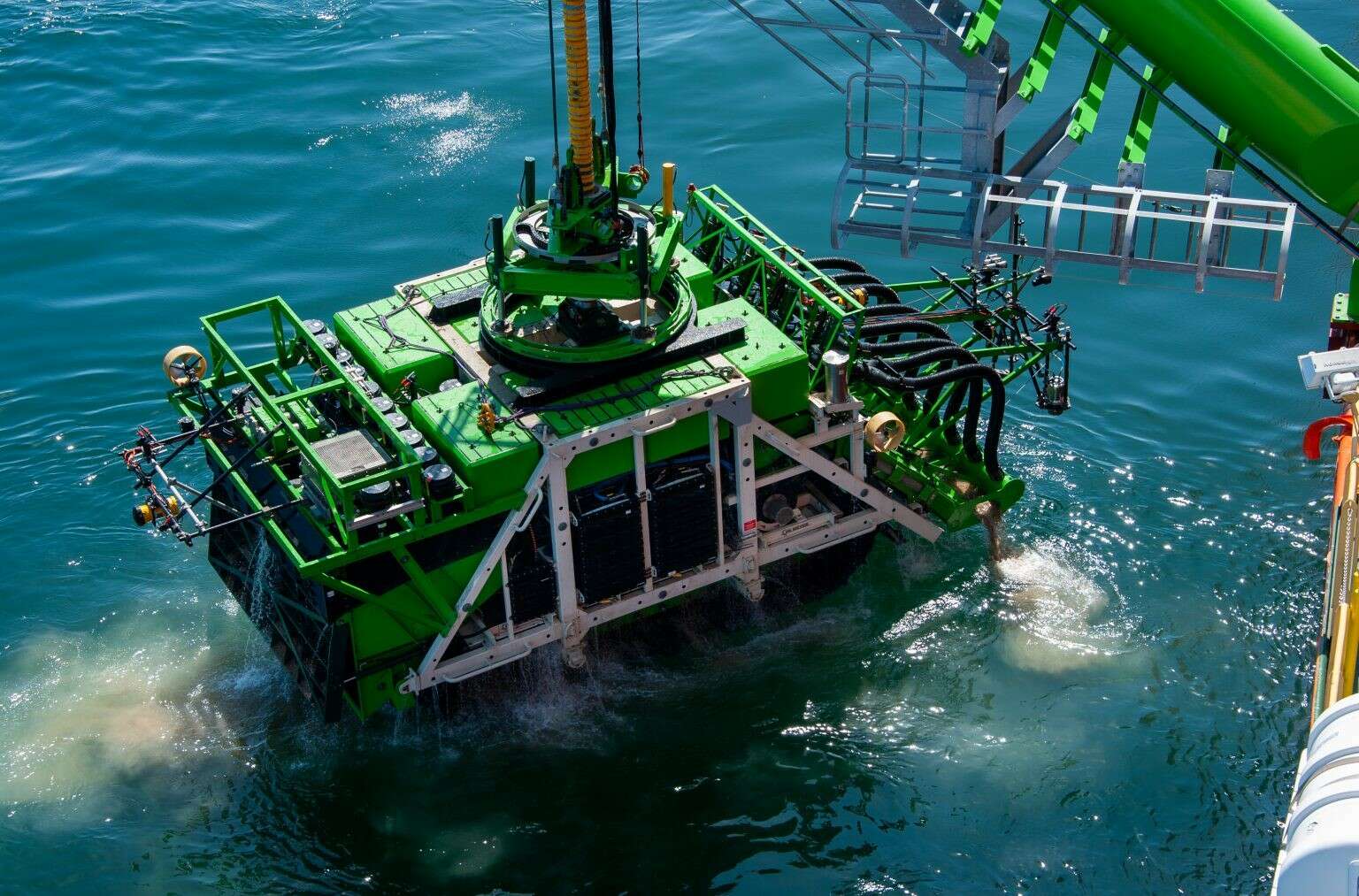
PRELIMINARY RESULTS FROM DEEP SEABED MINING TRIAL SHARED AT STAKEHOLDER EVENT
February 11, 2022
Press Release
Over 170 stakeholders, including marine scientists, researchers, and campaigners, heard preliminary findings from research into the environmental effects of Deep Seabed Mining at an event on 1-2 February.
The purpose of the event was to share initial findings from independent environmental monitoring of a deep-seabed mining trial conducted in the Clarion Clipperton Zone (CCZ) of the Pacific Ocean in April and May 2021.
Scientists observed a pre-prototype nodule collector, Patania II, developed by Global Sea Mineral Resources (GSR) which was deployed 4.5 kilometers beneath the sea surface. Patania II successfully traversed the seabed collecting polymetallic nodules from two different areas in the CCZ.
This sea trial was a world-first. The data collected is being examined to expand understanding of the real-world environmental effects of collecting nodules from the seafloor. Scientists had previously relied on hypotheses, laboratory simulations and computer models.
The event was organized by the EU-funded JPI Oceans 'MiningImpact2’ consortium, which brings together scientists from 28 European institutes and the German exploration contract holder, BGR.
The session confirmed that environmental monitoring is possible at 4.5 km water depth, a significant achievement in its own right.
GSR was honoured to participate in the session, and we look forward to providing further updates in due course. More information about the event, including some of the latest scientific results from the GSR nodule collector trials, is available on the JPI Oceans MiningImpact website, found HERE.
